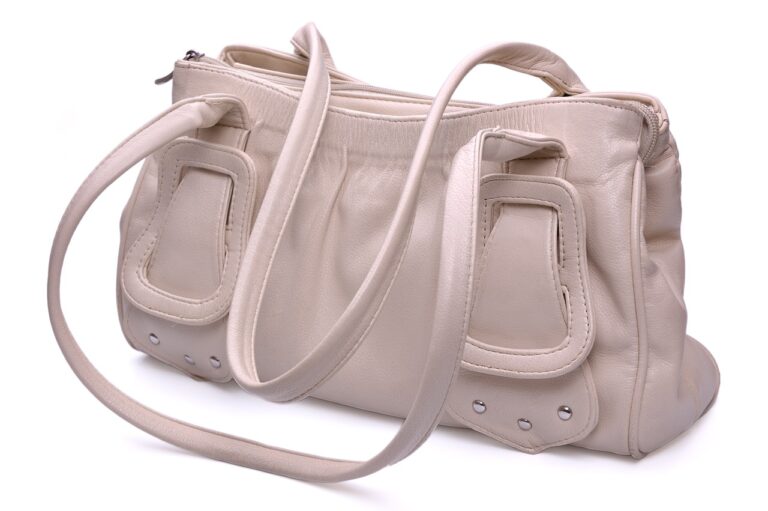Sustainable Kitchenware: Choosing Products Made from Renewable Resources
laser book 247, silverexchange, 11xplay pro: Sustainable Kitchenware: Choosing Products Made from Renewable Resources
As consumers become more aware of the impact of their purchasing decisions on the environment, there is a growing trend towards choosing sustainable and eco-friendly products. This is especially true in the kitchen, where we use a variety of tools and gadgets on a daily basis. By opting for kitchenware made from renewable resources, we can reduce our carbon footprint and decrease our reliance on non-renewable materials.
Here are some tips for choosing sustainable kitchenware:
1. Bamboo: Bamboo is a fast-growing, renewable resource that is perfect for kitchenware such as cutting boards, utensils, and containers. Bamboo kitchenware is durable, lightweight, and naturally antimicrobial, making it a great choice for eco-conscious consumers.
2. Cork: Cork is another renewable resource that is often used in kitchenware. Cork is harvested from the bark of cork oak trees, which can regenerate after being harvested. Cork is lightweight, water-resistant, and easy to clean, making it an ideal material for trivets, coasters, and placemats.
3. Recycled Materials: Look for kitchenware made from recycled materials such as glass, metal, or plastic. By choosing products made from recycled materials, you are helping to reduce waste and lessen the demand for new resources.
4. Stainless Steel: Stainless steel is a durable and long-lasting material that is 100% recyclable. Choose stainless steel pots, pans, and utensils for a sustainable option that will stand the test of time.
5. Silicone: Silicone is a versatile material that is commonly used in kitchenware such as baking mats, spatulas, and food storage containers. Silicone is durable, heat-resistant, and easy to clean, making it a great choice for sustainable kitchenware.
6. Wood: Wooden kitchenware such as cutting boards, bowls, and utensils are classic choices that are both sustainable and aesthetically pleasing. Look for kitchenware made from responsibly sourced wood to ensure that it is coming from sustainable forests.
By choosing kitchenware made from renewable resources, you can make a positive impact on the environment and support companies that are committed to sustainability. Making small changes in your kitchenware choices can add up to a big difference over time.
FAQs
Q: Are sustainable kitchenware products more expensive than traditional options?
A: While some sustainable kitchenware products may have a higher upfront cost, they are often more durable and long-lasting, making them a cost-effective choice in the long run.
Q: How can I dispose of my old kitchenware in an environmentally friendly way?
A: Many communities have recycling programs for kitchenware made from glass, metal, and plastic. Check with your local recycling center for guidelines on how to properly dispose of your old kitchenware.
Q: Can I compost my biodegradable kitchenware?
A: Yes, many biodegradable kitchenware products such as bamboo utensils or paper plates can be composted in a home composting system. Check the packaging or product information for specific composting instructions.







